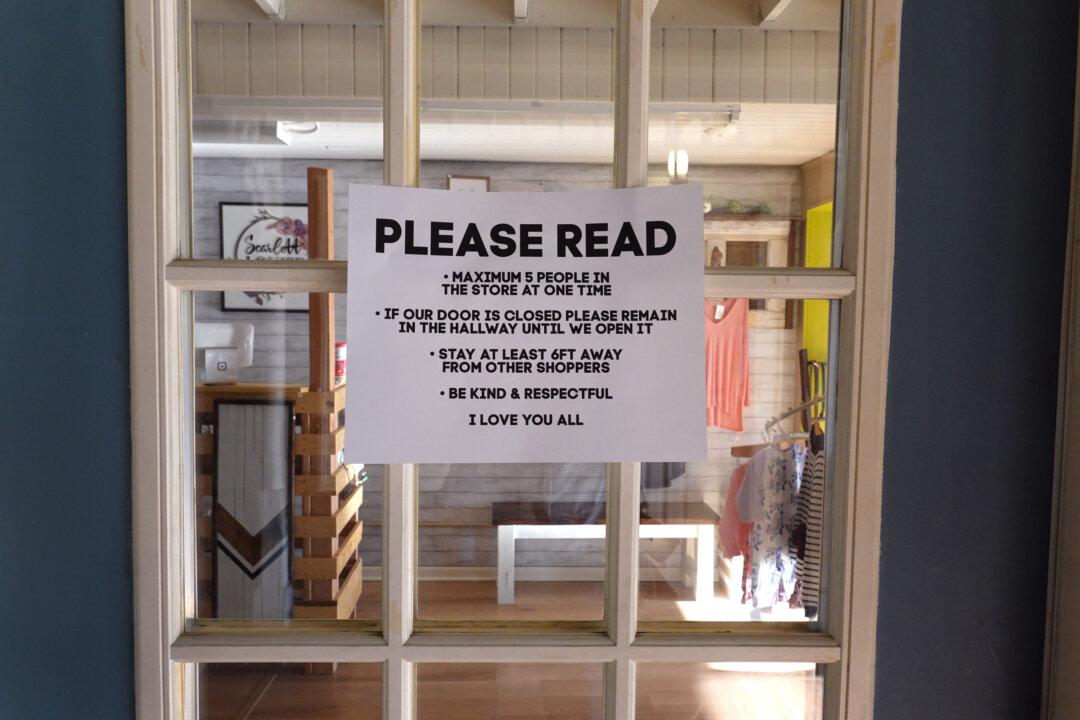The Ohio Supreme Court has ruled that commercial insurance policies don’t cover a business’s loss of income, even if it occurred during the state-enforced lockdown ordered by Gov. Mike DeWine early in the COVID-19 pandemic.
The decision marked the latest in a string of defeats for businesses across the nation that filed hundreds of lawsuits seeking billions of dollars in coverage after states imposed lockdowns and other restrictions in an attempt to slow the spread of COVID-19.





